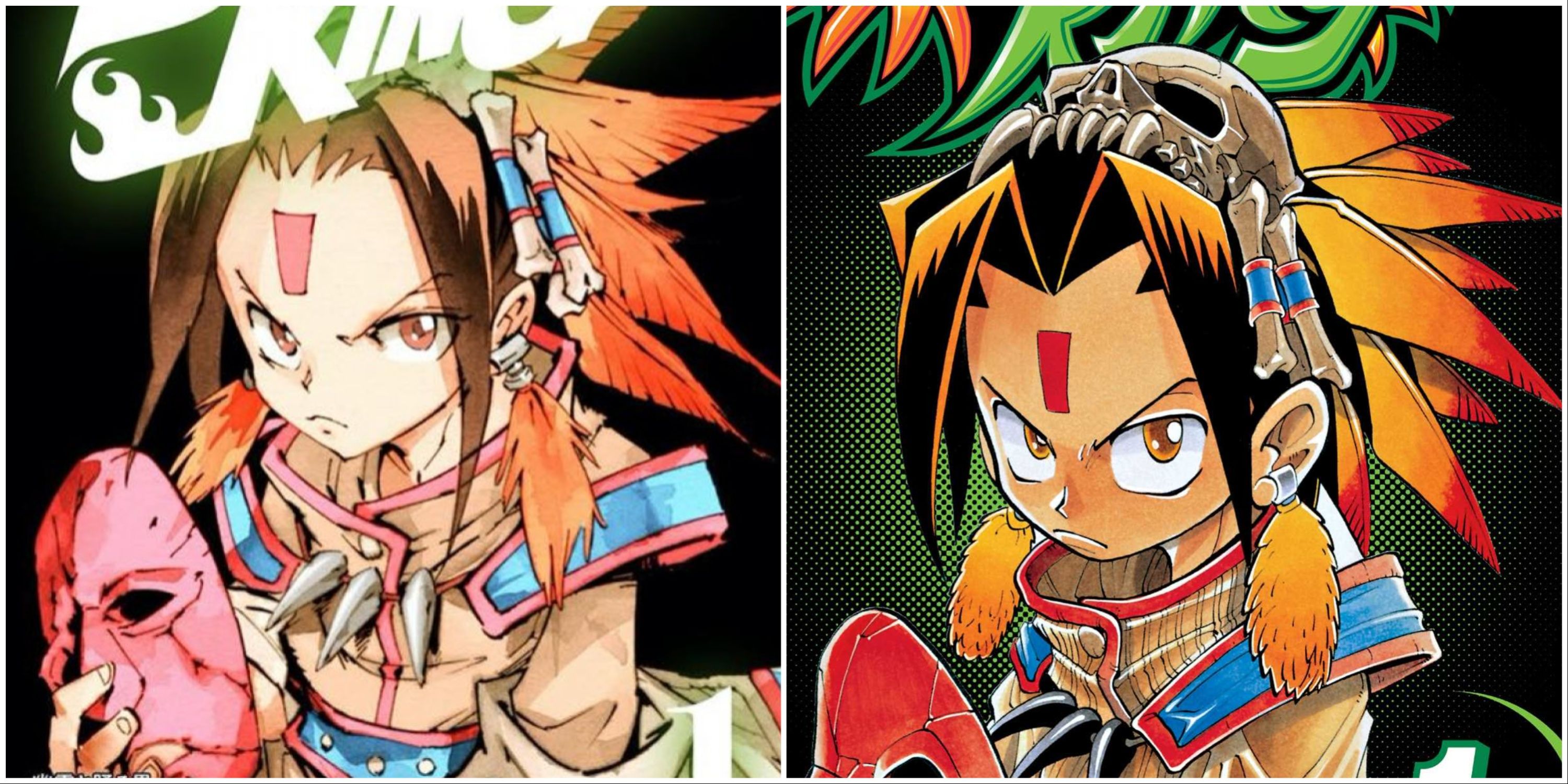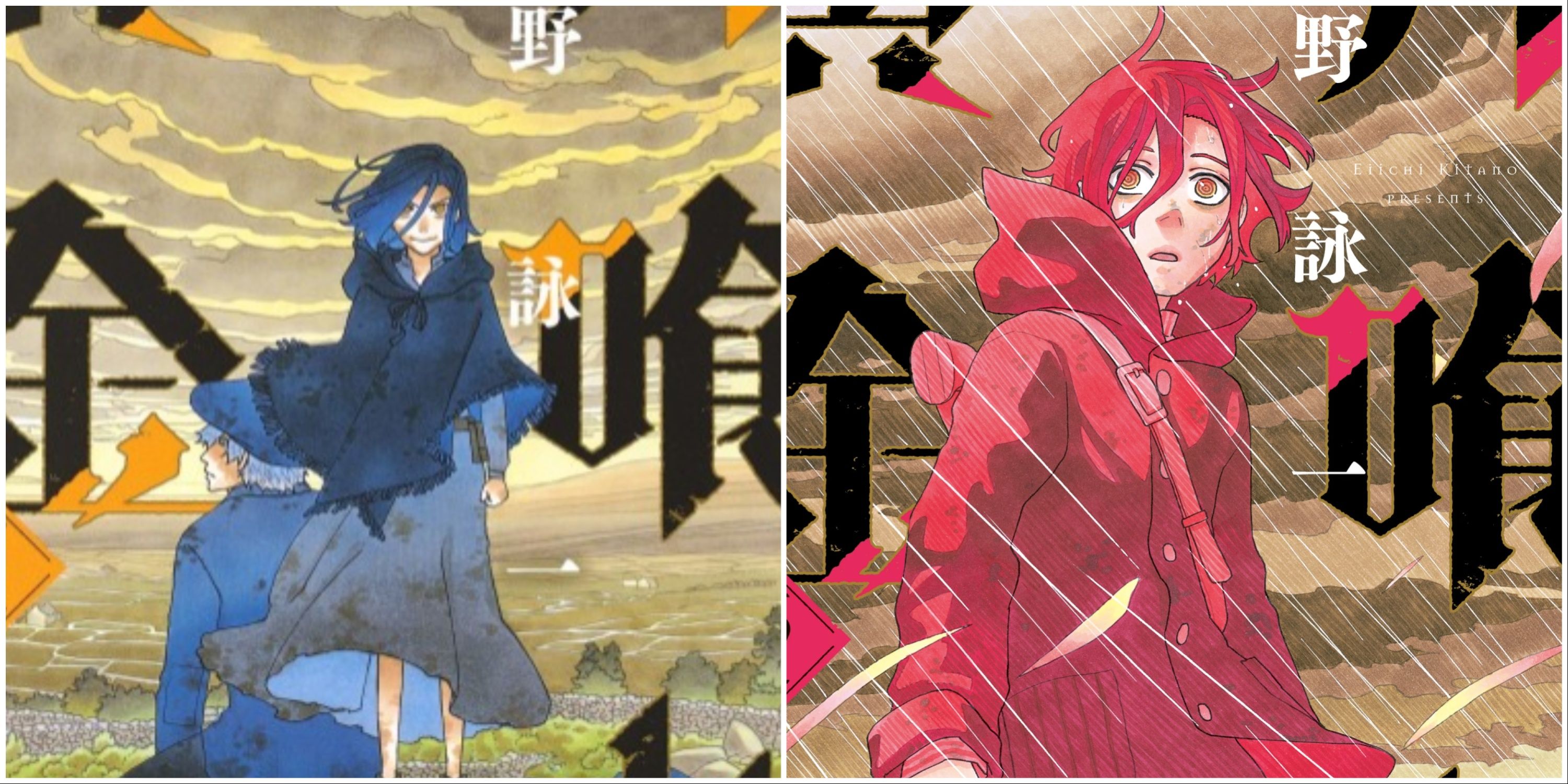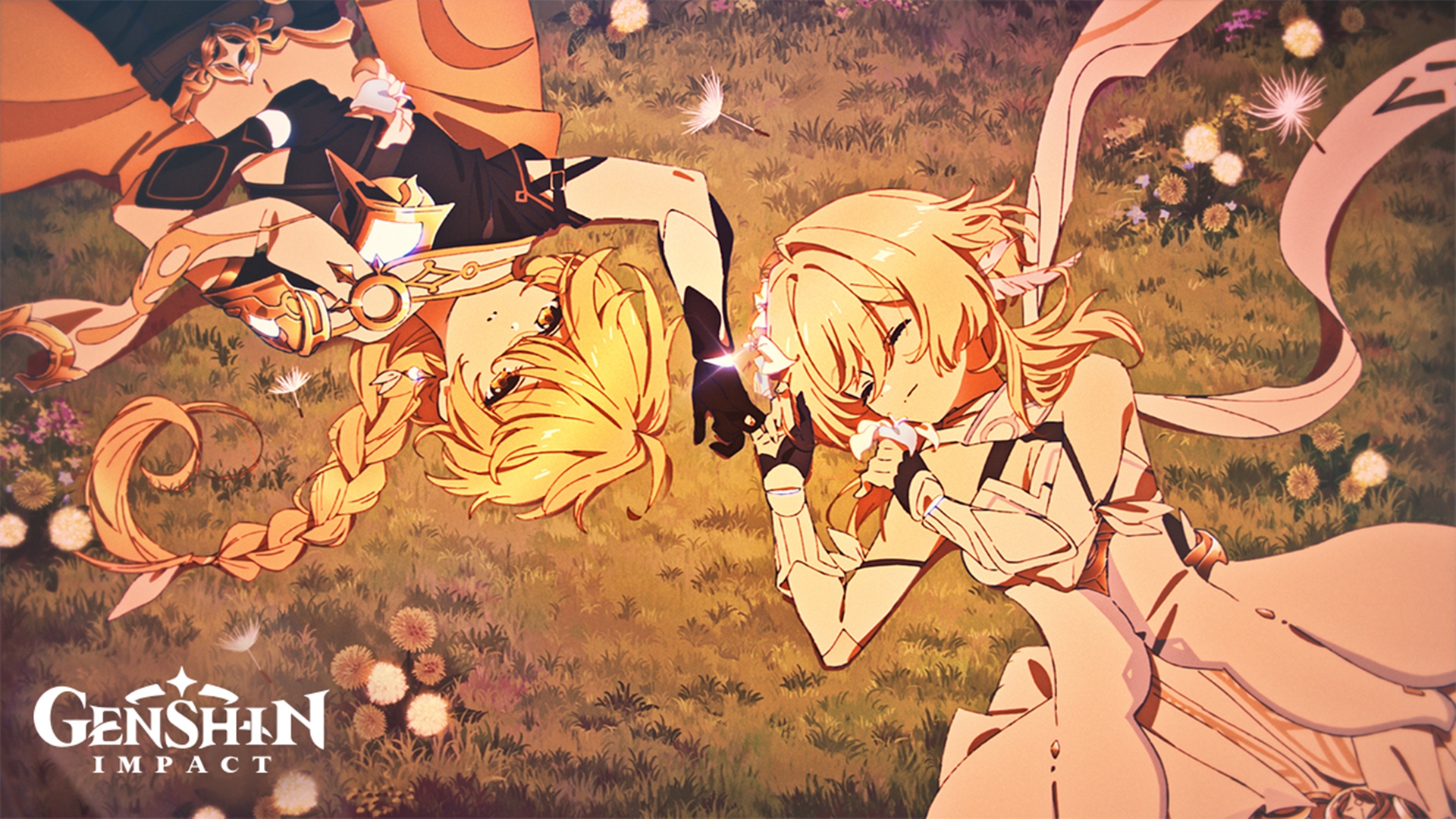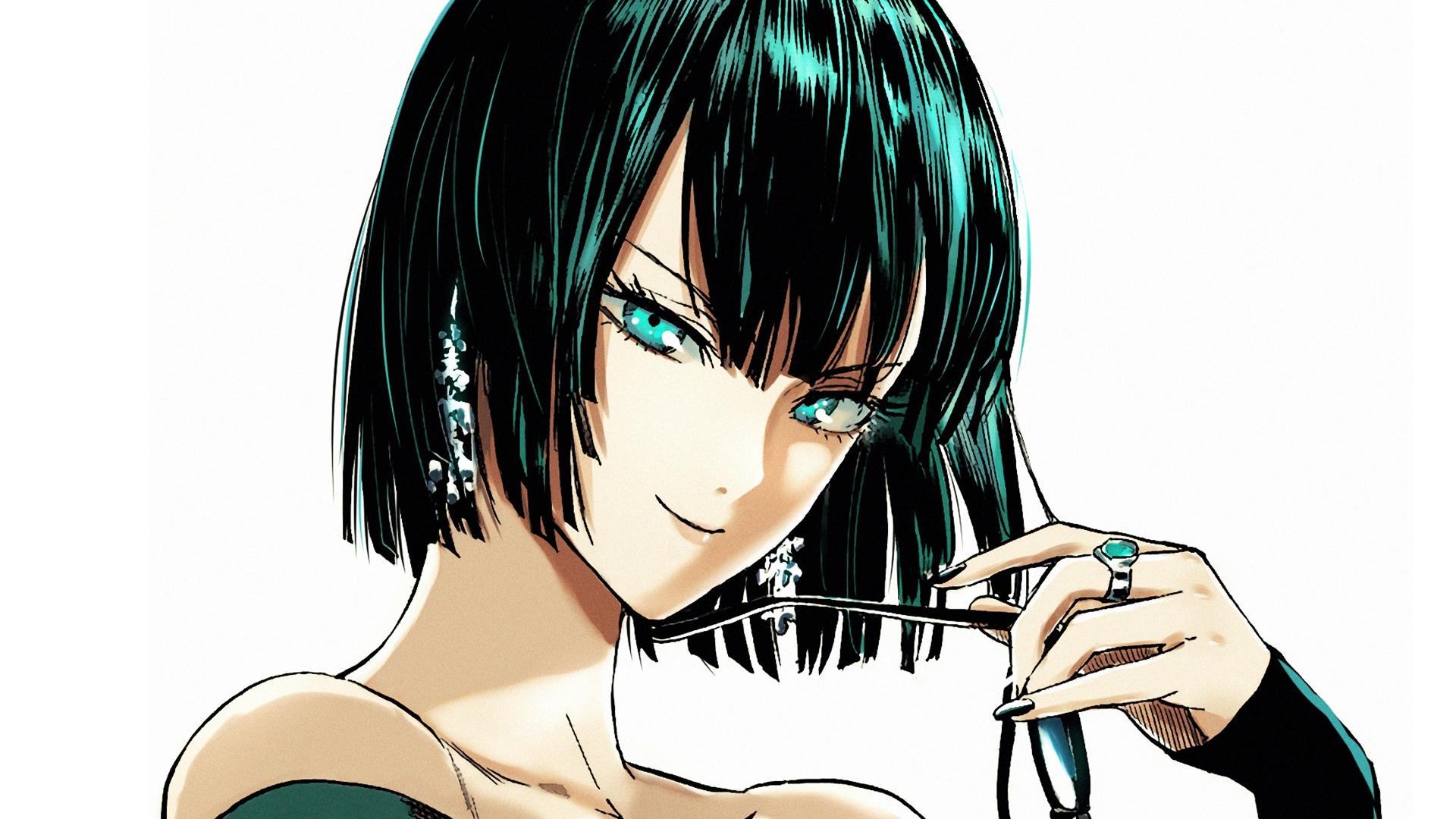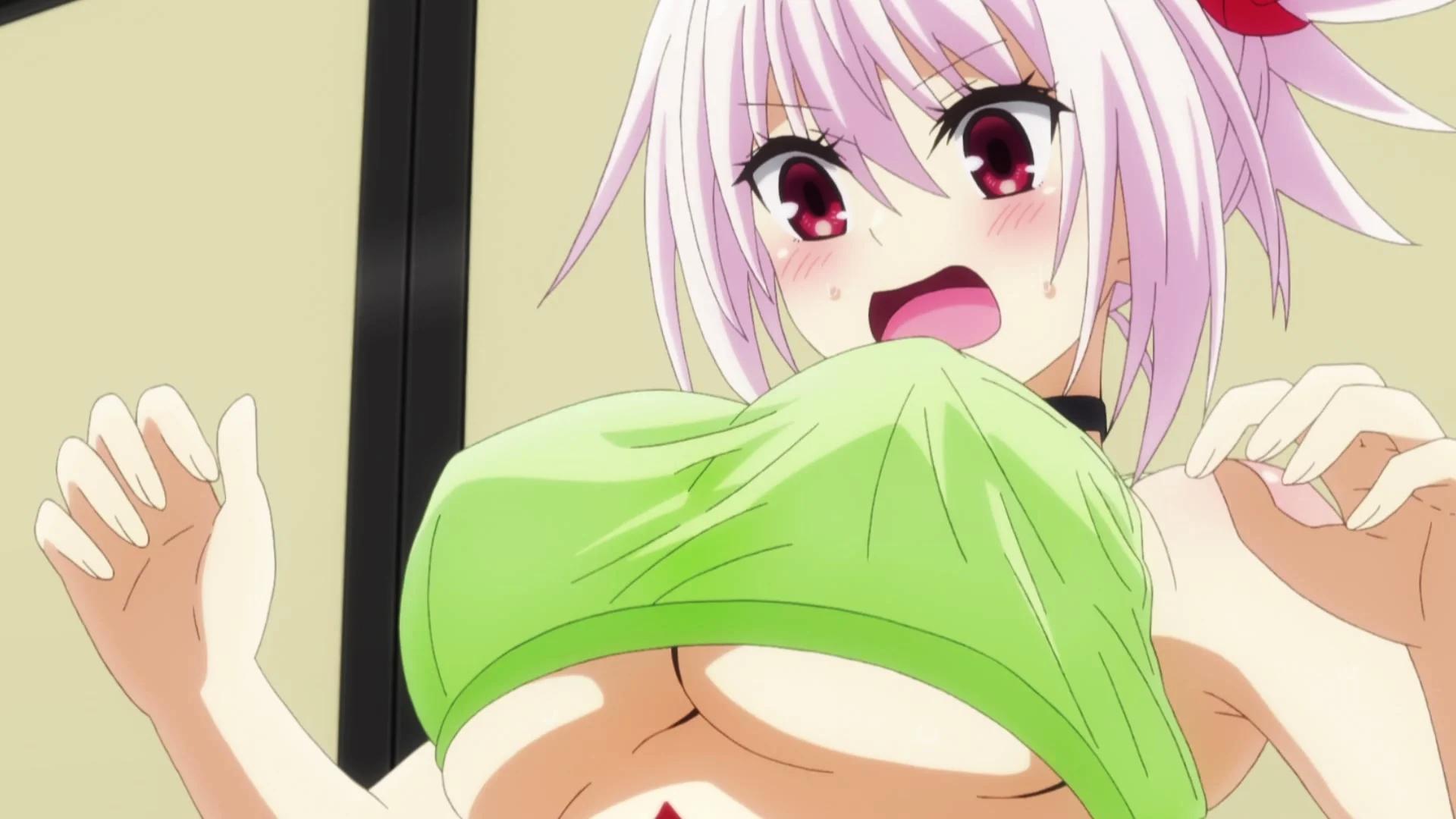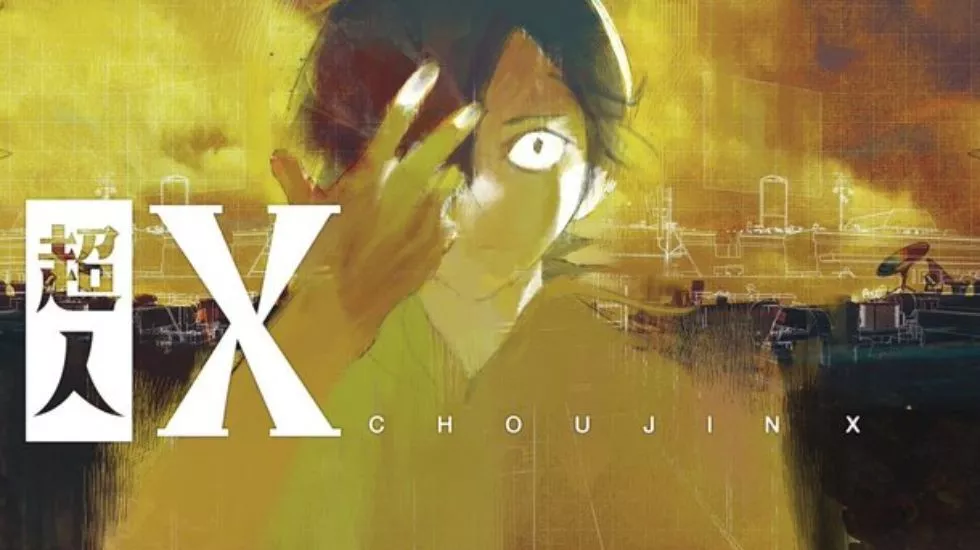Articles and Lists
6 mangas that changed the history of their publisher
Advertisement
Some manga go through several publishers during their lifespan. The circumstances for this vary. The company may be going through difficult times. Alternatively, it could be a matter of rights and who is willing to pay for them. The end result of both scenarios is that readers will have more difficulty accessing their favorite manga.
6. Shaman King
Here, the publisher change didn't occur midway through the series, but much later. The manga chronicles a boy's attempts to build his strength as a shaman. Competing against others in this field, he hopes to become the eponymous Shaman King. This progression is a solid foundation for any story. Because of this, the series ran from 1998 to 2004. During this period, Shueisha handled publishing. They remained in charge of distribution in the following years.
In 2017, however, Kodansha acquired the rights to the property. The company then republished the manga in print and e-book formats from 2018 to 2021. In fact, Kodansha's American division also took over distribution from Viz Media. In short, Shaman King saw a two-pronged acquisition.
5. Katabami To Ougon
It's complicated when multiple parties compete for a gold mine. Set during the California Gold Rush, Katabami To Ougon details the exploits of two Irish immigrants as they seek their slice of the pie. Shueisha distributed it through Ultra Jump magazine in 2019. Almost as soon as it began, however, the editor's term ended.
Kodansha took over in 2021, taking over distribution after just six volumes. They published the following chapters in print and on their digital service, Comic Days. For consistency's sake, they also published a reprint of the previous chapters. While this discontinued the Shueisha line, it conveniently brought all the manga under one roof.
4. Paradise Kiss
This entry may be an exaggeration. Paradise Kiss is a colorful story about a group of high school students specializing in the arts. Written by Ai Yazawa, it was published by Shueisha. Tape magazine in 1995. The last issue was released in 1998. Normally that would have been the end, but no.
Yazawa soon built a sequel called kiss of paradise. Although it focuses on a different set of students, it takes place in the same universe as Paradise Kiss. This doesn't extend to the publisher, however. This time, Shodensha retained ownership. The company managed it in Zipper fashion magazine from 1999 to 2003. Although Yazawa's subsequent works also changed publishers, they do not have the same connective tissue in their narratives.
3. Fruits Basket
For Fruits Basket, the change of publisher was exclusive to the West. Fruits Basket, A story about an orphan girl who helps a family with a zodiac curse, it ran for a long time in Japan from 1998 to 2006. Hakusensha published the episodes during this period. Starting in 2007, Tokyopop began bringing the manga to North America. This is where the paths diverge.
Although Hakusensha remained the only Japanese publisher of Fruits Basket Tokyo Pop closed its North American facilities in 2011. The company finally attempted a relaunch, but did so without Fruits Basket. Yen Press took the proverbial basket and ran with it. The new publisher licensed and redistributed the manga in several editions. These explorations began in 2016. While the Yen Press group retained publishing duties for the sequel, Fruits Basket. Other It's safe to say they will keep it for the foreseeable future.
2. Chobits
This manga mirrors Fruits Basket in important ways. Both are published consistently in their home countries, with Kodansha responsible for Chobits during his tenure from 2000-2002 and continues to this day.
Furthermore, both works have an erratic publishing history in the West. Once again, Tokyo Pop held the reigns of distribution in North America, but that wouldn't last.
Their tenure expired in 2009, just a year before the property's 10th anniversary. DARK HORSE saw this opportunity and seized it. To celebrate the decade since its debut, this new company published an omnibus edition in 2010. After that, it would hold the rights for almost another ten years.
His term ended in 2019. It was at this point that Chobits returned home (so to speak). Kodansha, specifically the US branch, acquired the IP, parallel to the Eastern branch. The folks here soon published another anniversary edition in 2020. In a strange way, the manga's journey was complete.
1. Tokyo Revengers
In the case of Tokyo Revengers The change of publisher goes hand in hand with the format. Tokyo Revengers stars a homeless man who inadvertently travels back in time. He encounters his deceased girlfriend and decides to seize this opportunity to prevent her tragic death. The well-known Kodansha published the work in Japan from 2017 to 2022 as a direct-to-video release. Shonen Magazine. It's the story's journey to the West, where things get messy.
International publishing is divided into two divisions. Kodansha's US division distributed a digital edition in 2018. In 2022, however, an omnibus version debuted in print. Leading this effort was Seven Seas Entertainment. One might think this heralded a shift, but it didn't. Kodansha still handles the digital version of not only the original work but also the spin-offs. Seven Seas has a relatively small stake.
